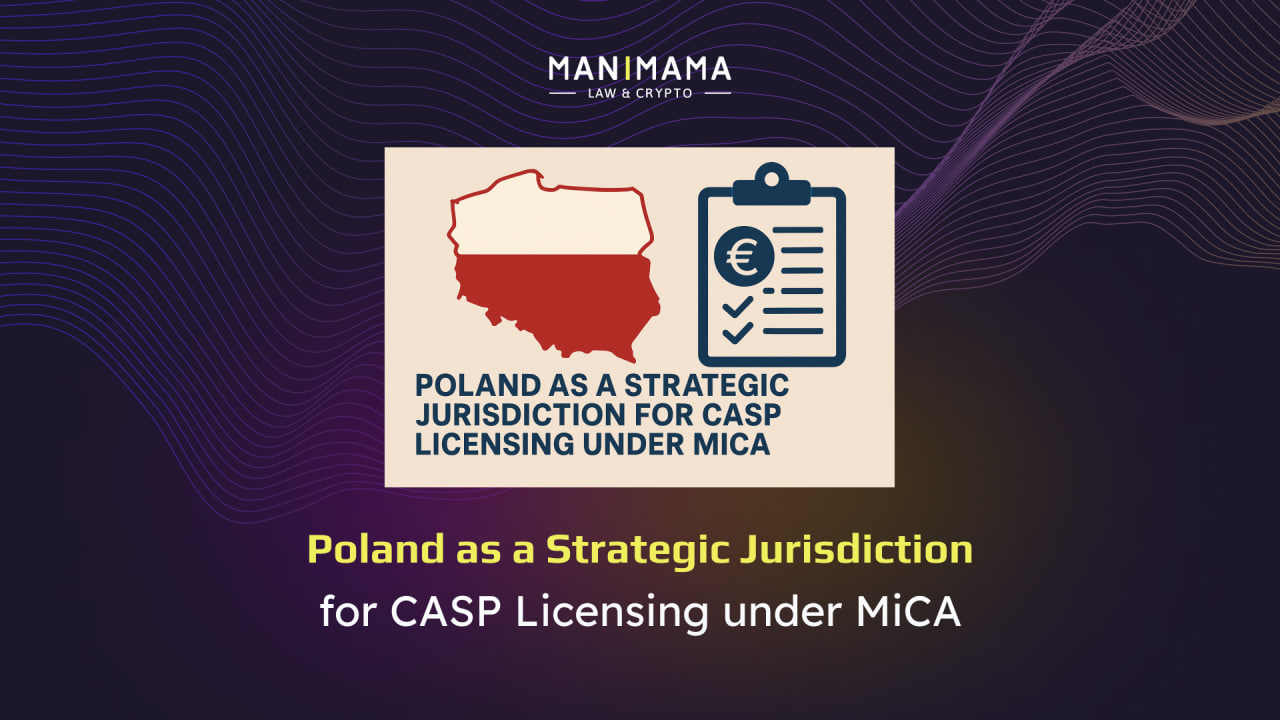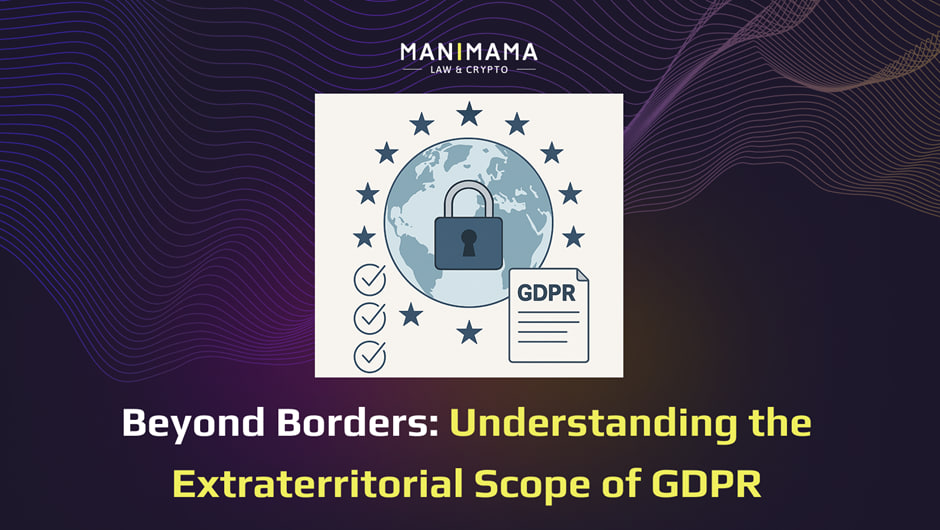Cryptocurrency has had fans since its inception, and experts in this area are very appreciative of its potential.
For example, Bahrain has shown its interest in the development of the FinTech sector. The topic of discussion is cryptocurrency is one of the most discussed among economic events.
Bahrain`s economy doesn`t depend on oil unlike other countries of the Persian Gulf. So regulation of the cryptocurrency sector was a good solution to boost the economy. Thus, today Bahrain stands in the way of the development of the cryptocurrency market.
Regulation
The Central Bank of Bahrain (Central Bank of Bahrain; hereinafter – “CBB”) is the responsible entity for regulating the capital markets in the country, including cryptocurrency. In February 2019, the CBB issued a Module on Crypto Assets (“CBB Rules”) under Volume 6 (“Capital Markets”) of the CBB Rules, which permits their use in the Kingdom. The CBB Rules cover licensing requirements, conditions for issuing and holding a CBB license, minimum capital requirements, customer or client protection measures, technology standards and in particular cybersecurity risk management requirements, reporting obligations, approval requirements, performance obligations, prevention of abuse and market manipulation.
In other words, we can say that the CBB is quite strict in this area. Mainly this was done precisely to comply with anti-money laundering requirements and to guarantee transparency of transactions.
In the CBB Rules, the following concept was enshrined: crypto assets. They are defined as virtual or digital assets (“tokens”) running on a Blockchain platform and protected by cryptography. These crypto-assets are offered by crypto asset platform operators, who act as principals or agents who facilitate the storage of crypto assets on behalf of their customers. There are four types of tokens: payment tokens (synonymous with cryptocurrency), utility tokens, asset tokens and hybrid tokens.
Anti-money laundering requirements
The CBB Regulation provides a framework of rules and guidance against money laundering and terrorist financing, and applies to all capital market service providers.
Capital market licensees (including crypto-asset licensees) should:
- take enhanced measures if heightened ML/TF/PF risks are identified to effectively manage and reduce such risks;
- maintain, regularly review and update a documented risk assessment;
- allocate sufficient financial, human and technical resources to effectively implement and take preventive measures to reduce ML/TF/PF risks.
The nature and extent of any assessment of money laundering and terrorist financing risks must be appropriate to the nature and size of the business.
A capital market licensee must review the effectiveness of its AML/CFT procedures, systems and controls at least once per calendar year. The review should cover the capital market licensee, its branches and subsidiaries both within and outside the Kingdom of Bahrain.
Capital market licensees must designate a Money Laundering Reporting Officer (“MLRO”) who will monitor compliance with AML regulations, process information on suspicious employee transactions, forward suspicious transaction reports to the Financial Intelligence Unit, prepare reports on the effectiveness of the licensee’s AML controls, deal with ensuring that the licensee maintains records on CDD (customer due diligence and risk management), transactions, STR (saleability ratio).
Also under the CBB Law, AML Law No. 4 2001 or Penal Code of the Kingdom of Bahrain, failure by a capital market licensee to comply with the Rules will result in a fine of up to BD 20,000, without the need for a court order and at the discretion of the CBB.
Licensing
According to the CBB Rules, no person may sell or conduct commercial activities within or outside the Kingdom of Bahrain consisting of regulated crypto asset services without obtaining a license from the CBB.
Regulated crypto asset services means doing any of the following:
- reception and transmission of order;
- execution of orders on behalf of clients;
- dealing on own account;
- portfolio management;
- crypto asset custodian;
- investment advice;
- exchange of crypto assets;
- digital tokens advisor.
Applicants may combine two or more regulated crypto asset services and obtain a cryptocurrency license from CBB, provided the services belong to the same list of services and there is no conflict of interest. Licensees will be required to pay an annual license fee equivalent to 0.25% of their operating expenses.
Applicants for such a license must submit a completed Form 1 (Application for License), accompanied by a letter signed by an authorized representative of the applicant marked for information by the Director of the Licensing Authority, together with a list of other documents (e.g. business plan, copy of the applicant’s memorandum and articles of association etc.). CBB makes a decision within 60 calendar days after the application is deemed complete (i.e. containing all required information and documents).
License Categories
One of four licenses is applied for:
- Category 1 – services (reception and transmission of orders + investment advice), capital requirements (25,000 BHD – approximately 66500 euros).
- Category 2 – services (crypto-assets trading as an agent + portfolio management + crypto assets custodian + investment advice), capital requirements (100,000 BHD – approximately 266,000 euros).
- Category 3 – services (trading of accepted cryptoassets as agent or principal + portfolio management + crypto assets custodian + investment advice), capital requirements (200,000 BHD – approximately 532100 euros).
- Category 4 – services (exchange of crypto assets + crypto asset custodian + digital tokens advisor), capital requirements (300,000 BHD – approximately €798200).
The CBB may at its discretion require a licensee to hold additional capital in an amount and form it specifies if deemed necessary to ensure the financial integrity of the licensee’s operations.
Granting license and Refusing to grant
In order to obtain a license, the applicant must comply with the CBB Act, the CBB Regulations, and other applicable regulations in Volume 6. If a license is granted, CBB will notify the applicant in writing, and CBB will also publish its decision to grant a license in the Official Gazette and in two local newspapers (one published in Arabic and one in English).
If CBB intends to deny an application for a license (for example, the rules of the acts were ignored, false information was provided or it was not provided at all etc), it will notify the applicant in writing. Applicants will have at least 30 days from the date of the written notice to appeal the decision in accordance with the appeal procedure specified in the notice.
Taxation
Bahrain’s National Revenue Bureau (NBR) published an updated version of the Financial Services VAT Manual on January 1, 2022, which clarifies the VAT taxation of cryptocurrency transactions.
The tax levied on each type of crypto-asset is different.
- Payment tokens are not subject to Value Added Tax (VAT). Customers can fully withhold profits from cryptocurrency, including transactions with crypto assets.
- Utility tokens are similar in nature to multi-purpose or one-time vouchers.
- Asset tokens are generally not subject to VAT. Asset tokens are exempt from VAT on tokens delivered at a discount.
- The VAT treatment of hybrid tokens must be determined on a case-by-case basis and, depending on the specific circumstances, may be a single composite delivery or multiple deliveries of goods and/or services.
Bahrain still does not recognize cryptocurrency as legal tender due to its instability. The jurisdiction in which crypto assets are held is still unclear, which can make taxation difficult. Fortunately, the country does not tax individual gains from cryptocurrency trading.
Conclusion
Bahrain is a country that has recently started to develop FinTech. In general, it attaches great importance to finance and banking, which contribute greatly to its GDP. The Kingdom of Bahrain, in contrast to many other countries in the Middle East, is keen to increase in this area in order to give the economy a boost.
Bahrain has formed and introduced a list of regulations and rules that aim to maintain and regulate the crypto-asset market in the country. With these innovations, Bahrain is in a good position to benefit greatly from the crypto-asset sector in the Middle East.
The content of this article is intended to provide a general guide to the subject matter, not to be considered as a legal consultation.
Photo credits











